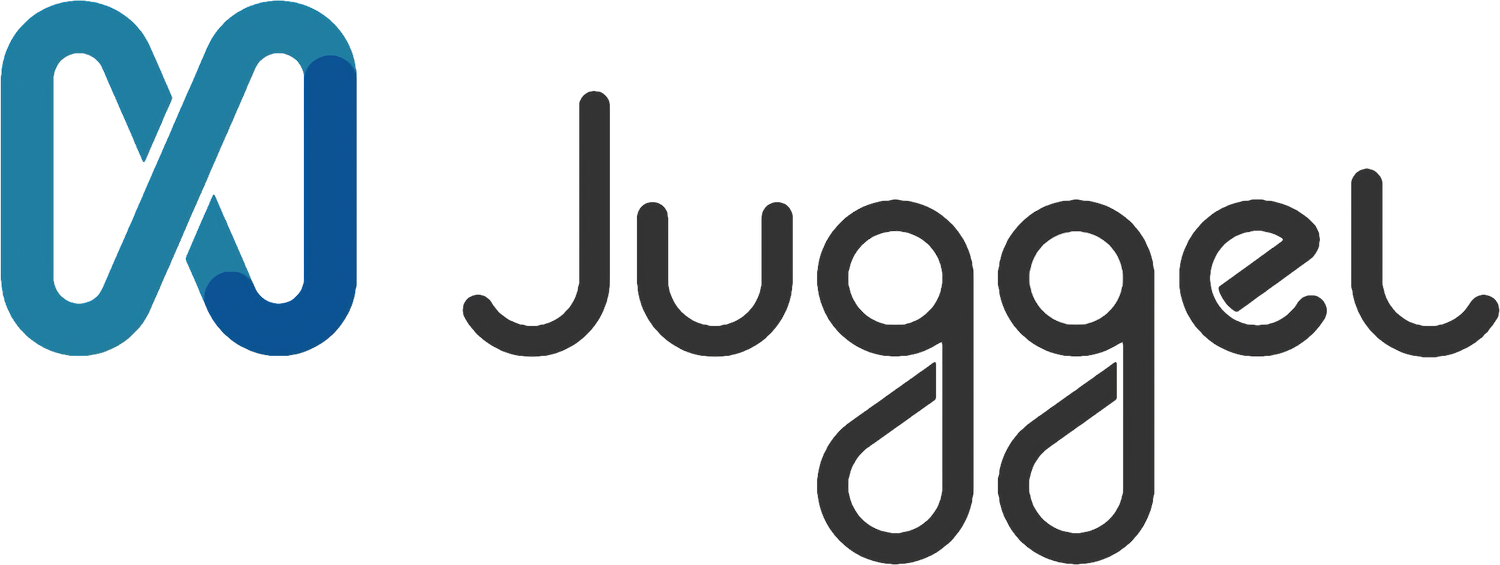Juggel use cases
-
Knowledge Base
Having a centralized knowledge base is indeed vital for the success of an organization.
It streamlines processes and fosters a culture of continuous learning.A Juggel Knowledge Base offers an inspiring combination of flexibility and reliability.
-
Project Management
Effective project management is essential for delivering high-quality results efficiently and transparently.
Juggel provides a flexible and reliable framework that enhances project oversight and communication, ensuring that teams and customers stay aligned throughout the process.
-
Compliance
Compliance is vital for organizations to ensure they meet legal and regulatory standards, safeguarding their reputation and minimizing risks.
Juggel offers a comprehensive solution that streamlines compliance processes, making it easier for teams to stay informed and adhere to necessary guidelines.
